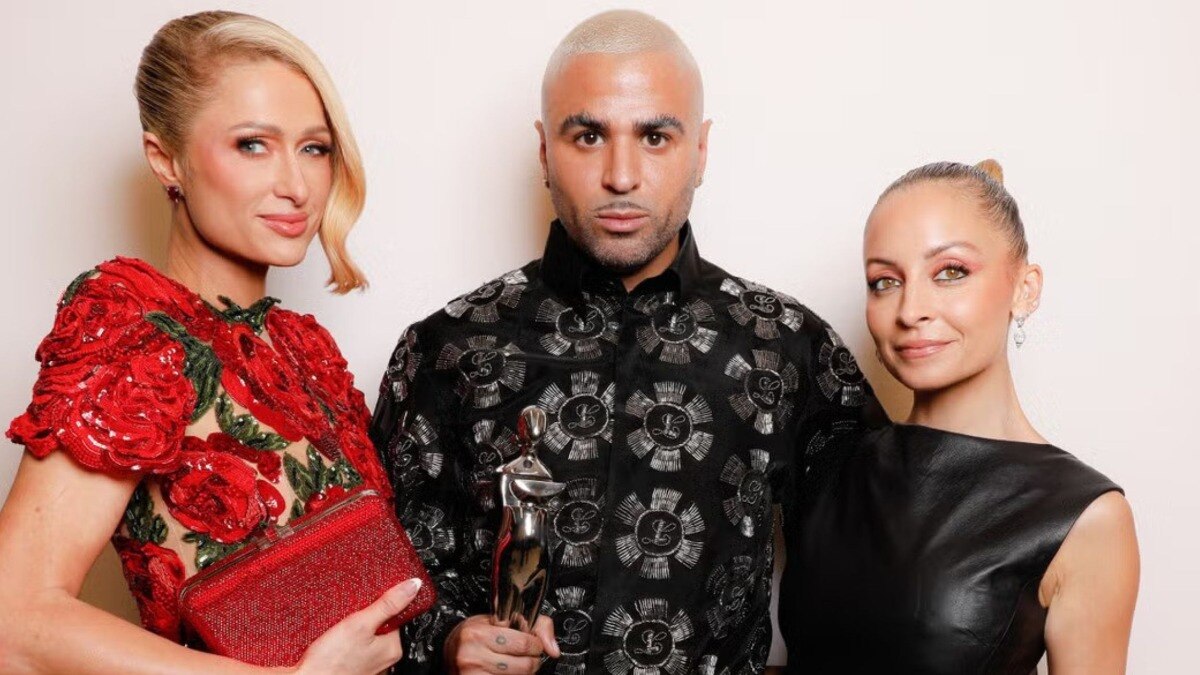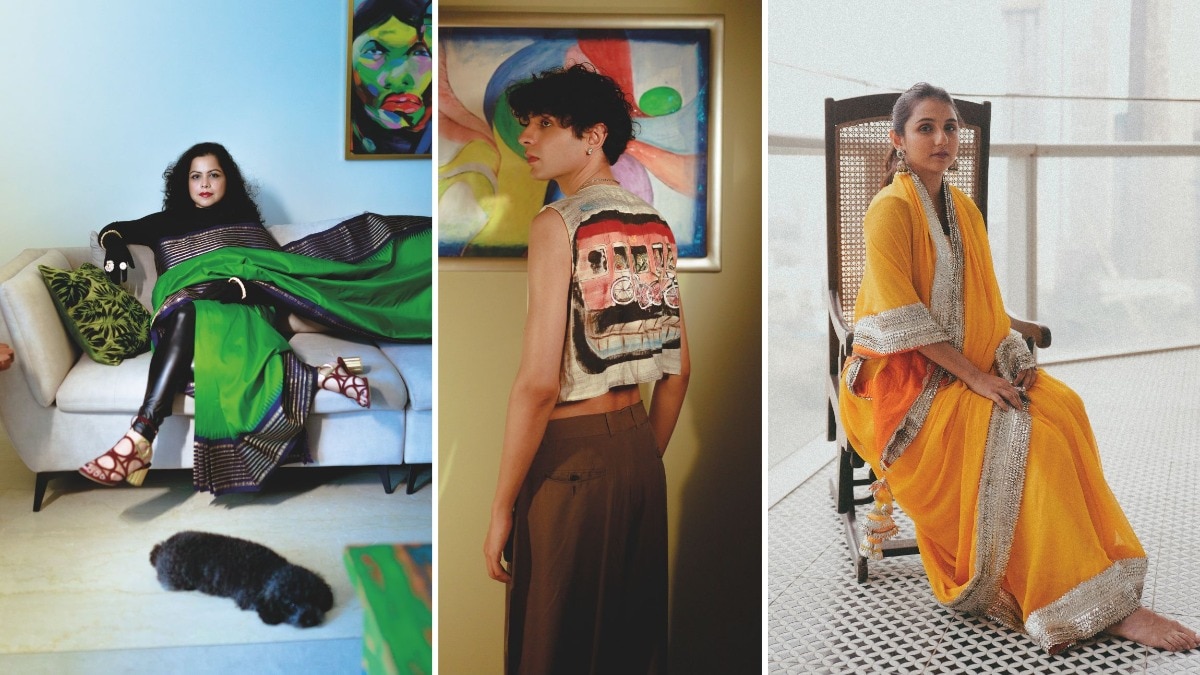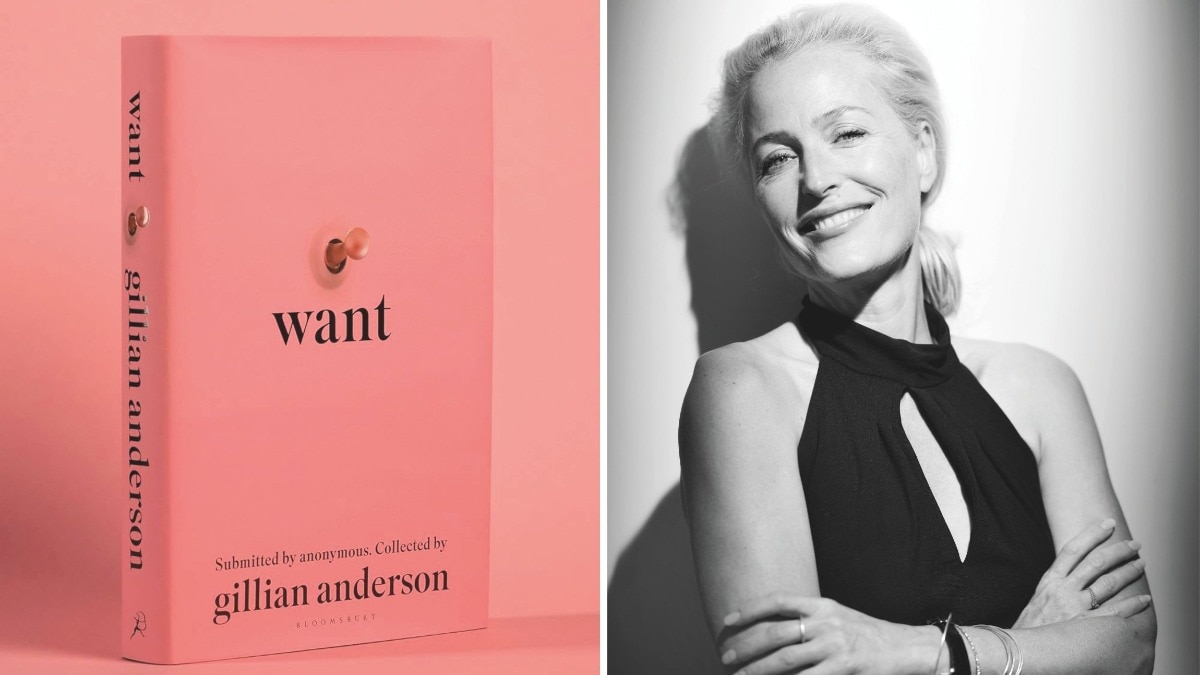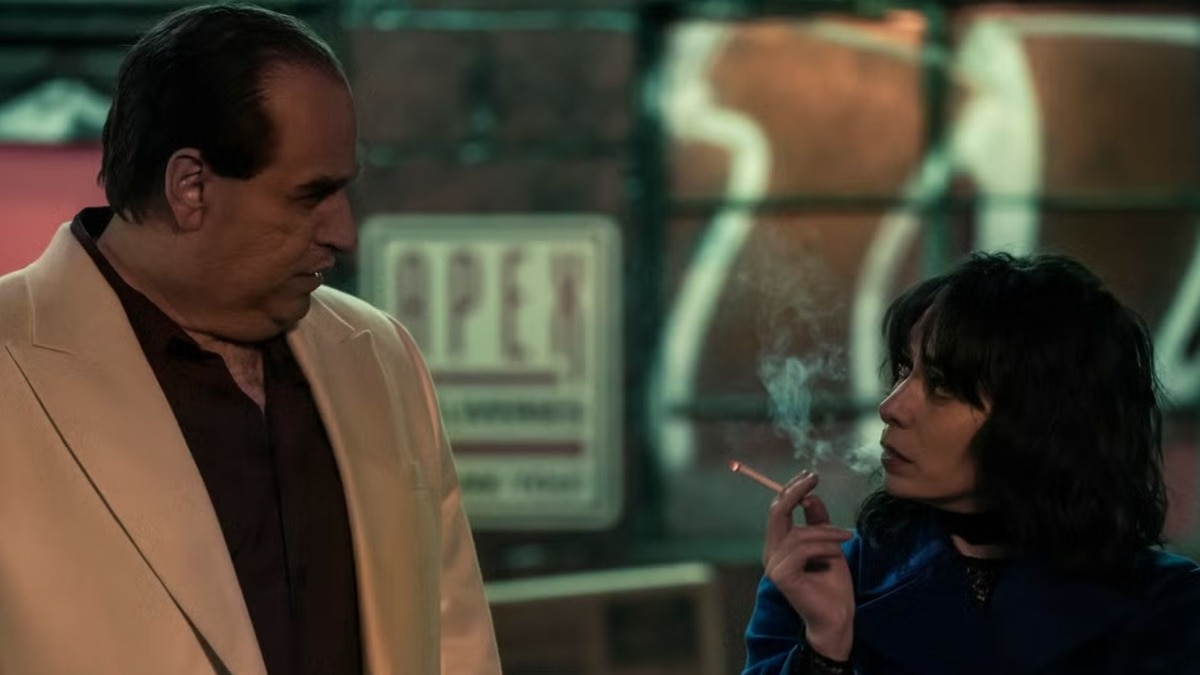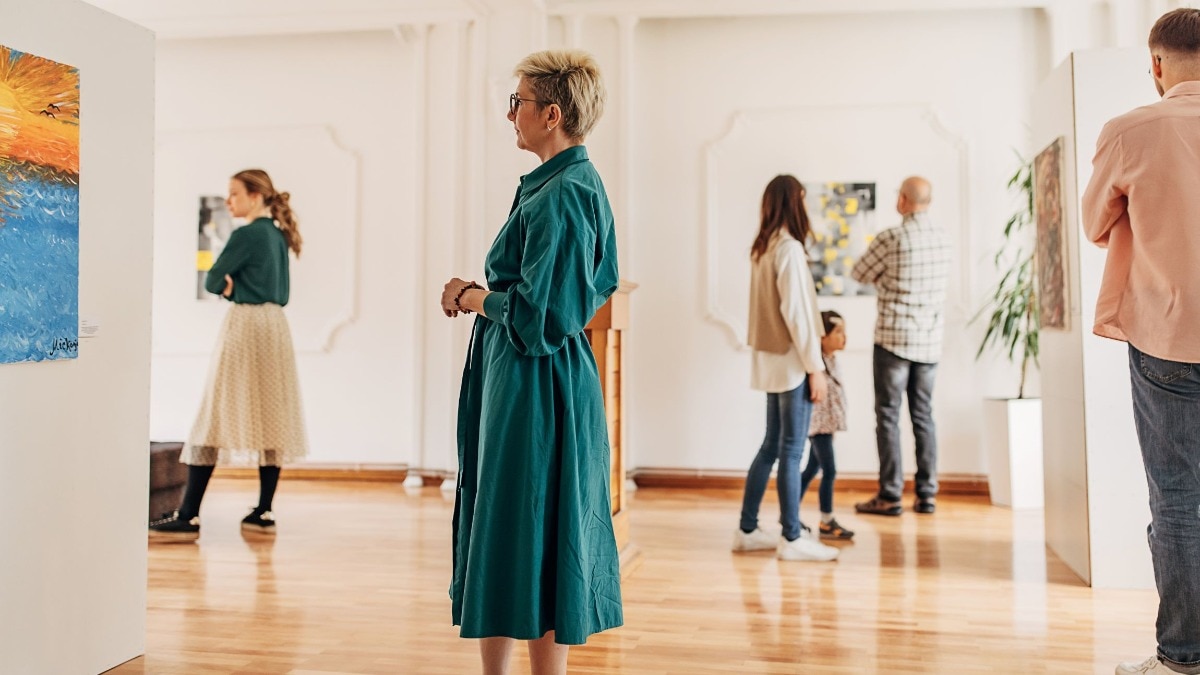Huma Qureshi: "I cannot aspire to look like anyone. I can aspire to look the best that I can."
Bazaar India covergirl Huma Qureshi bares all... Her epiphanies, her internal battles, and her quest to love herself without inhibition.


She had barely finished her second film when a media review was released, declaring Huma Qureshi five kilos too heavy to become a mainstream heroine. “That really hurt. To do that to someone who is just starting out in the business...is it right? Is it good? Is it ethical? I don’t think so,” questions the Gangs of Wasseypur actor. Cut to a decade since then, and Huma’s clearly having the last laugh as she awaits the release of Double XL, a social comedy film with Sonakshi Sinha that questions body and beauty stereotypes, which required her to gain 20 kilos (“I had to eat everything in sight, it was the best prep ever!”), and also marks her debut as a producer. Huma still has had to hear a lot of unnecessary quips, but those do not bother her anymore. “Someone told me it was harder for women to lose weight, while others asked me how I would manage. I told them I was getting paid to gain weight,” grins the Delhi-born actor.

While her vocal views may have inadvertently thrust her into the role of an advocate for body positivity over the years, Huma says she is not trying to force anyone’s perceptions. Instead, she is just shutting out negative babble. “I am living my life and having fun. I am not letting any external chatter around me tell me otherwise,” says the actor over a Zoom call, while insistently questioning who gets to decide and declare the overall standards of beauty. “Having an opinion is fine, but we also need to know how to express that opinion. I think that’s basic,” she adds.
Calling out the male gaze as a definitive culprit that has fuelled the way several industries, including the media, have shackled perceptions of beauty to a minority, Huma admits that this Bazaar India cover is a welcome change. “This cover is so powerful for me, and so strong, because it is not just about being sexy and beautiful, but also because it has not been portrayed through the male gaze. It is about celebrating my own body and womanhood without pandering to that gaze or conforming to certain ideas of it. For instance, I believe that lingerie is not and should not be for the male gaze; it is for women’s bodies!” Her adopted mantra is simple. “I cannot aspire to look like you or anyone else or some girl I see in a magazine, because that is not real. But I can aspire to look the best that I can. That’s what we have to do,” Huma states.

Reminiscing about her passion for acting since her college days, which is when Huma knew she wanted to get into the industry, the actor asserts that she wants to leave an impact with a legacy that goes beyond money, fame, and glamour. “I enjoy the glamour; I love dressing up and walking the red carpet and looking beautiful, and all of that. But there has to be more to it. I cannot be just another pretty girl who came and went because there will always be someone prettier,” she laughs, also sharing how her parents wanted her to become a doctor. “In another universe, that may have happened, but in this one, I made the right choice,” she says delightedly, proclaiming herself as a certified science geek.
Huma reveals that her confidence comes from working on herself, building a conducive environment, and having the privilege of a supportive family that has enabled her to feel this empowered. “We need to find ways to support everybody because I know it is a challenge for some people to shut out the naysayers.” Even as the 36-year-old exhibits her battle scars and her latest body of work—she plays the role of the protagonist in an OTT series Maharani, a lead role in the Netflix thriller Monica, O My Darling, and will assume the role of cooking maestro Tarla Dalal in a biopic—there is a degree of vulnerability that comes through.
“I think a few years ago, I was a bit lost. I wasn’t sure about what direction I was going in, and why I was doing the work that I was doing... A lot of my life revolves around my work and how I am doing professionally, and that used to affect me a lot. Somewhere within, I was just not happy,” she reveals. “I have made many choices out of fear. Many bad films out of fear; sometimes, because I hadn’t made a film for six months and was just sitting at home, while everyone else appeared to be working.”
It took the realisation of her own mortality during the pandemic to shake her out of her mental state. “I remember waking up one day and asking myself what I had to show if tomorrow this was it?” she says. “Once it dawned upon me, I decided I would rather not do anything than do something out of fear. I decided to do two things to change my perspective: be myself wholeheartedly, as authentically as possible. And put some of my best work out there without being scared.”

Huma also did something she feels a lot of us miss out on, which is why we allow ourselves to be stigmatised in the first place. “I decided to take care of myself first, believing everything would fall into place. And, I promise you, since the day I did that, things fell into place like they were supposed to...things I was hustling for, wanting and yearning for, which seemed to escape me. The moment you decide not to chase them, just to be, and take care of yourself, things just, somehow, magically align. Call it an epiphany but it works,” she says, adding how much satisfaction she has found in walking the talk without any hand-holding. “We need to be kinder to ourselves and the people around us. If we all adopted this for ourselves and the world outside, a lot of things would get sorted.”
Huma leaves a parting gem: “I am a pop-quantum-spiritualist; I want to give my best and feel my best in every situation. I think that when I am genuinely happy, even the shabbiest clothes still look good on me (and vice-versa). We need to put this message out there for people to blossom.”
Photographs: Tarun Vishwa
Styling: Pranay Jaitly and Shounak Amonkar
Hair and Make-up: Anu Kaushik
Fashion Assistants: Shubham Jawanjal and Ankur Pathak
Production and Coordination: Kavita Sharma

